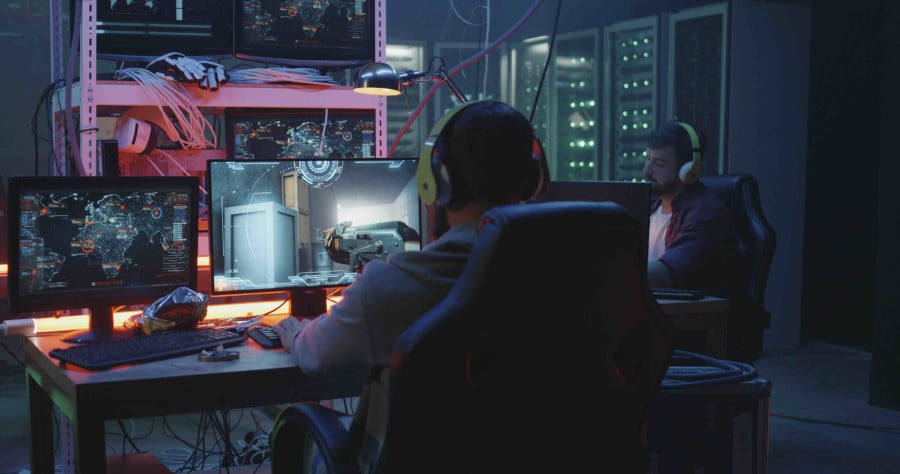Cheating in esports: a review of ESIC’s "coach spectator bug" decision

On 2 September 2020 the Esports Integrity Commission (ESIC) announced that it was issuing lengthy bans to three Counter Strike: Global Offensive (CS:GO) team coaches (Ricardo ‘dead’ Sinigagalia, Nicolai ‘HUNDEN’ Petersen, and Aleksandr ‘MechanoGun’ Bogatyrev) for cheating in the ESL One Road to Rio 2020 and DreamHack Masters Spring competitions[1]. This followed hot on the heels of ESL, the relevant competition organiser, issuing its own bans[2].
In each case, the team coaches were identified as having taken advantage of the “coach bug” (also referred to as the “spectator bug”), which allowed the coach of a team, by taking a combination of different steps, to become a spectator anywhere on the game map without anyone else knowing, facilitating significant tactical advantages.
Following the bans, ESIC announced that it would be opening an inquiry to review whether other individuals had historically taken advantage of the bug[3]. This will involve ESIC reviewing approximately 25,000 demos pertaining to CS:GO games played between 2016 and 2020, and will take about 8 months. As far as the author is aware, this is the first time that the regulator has taken on an investigation of this scale.
This article examines the case and explains:
· the role of the coach and the coach bug
· how the three coaches involved were sanctioned
· the upcoming inquiry into historic use of the coach bug
To continue reading or watching login or register here
Already a member? Sign in
Get access to all of the expert analysis and commentary at LawInSport including articles, webinars, conference videos and podcast transcripts. Find out more here.
- Tags: Anti-corruption | Cheating | CS:GO | Disciplinary | Dispute Resolution | ESL | Esports | Esports Integrity Commission | Integrity
Related Articles
- Cheating in esports: a review of the “emilshe1n” decision and the role of ESIC in esports regulation
- Play by play – an introduction to esports, monetisation and IP rights
- Formula 1 and esports in the time of Coronavirus
- A sleeping giant: insights into Nigeria’s emerging esports industry
- Esports and tax: how the OECD Model Tax Convention applies to players’ income
Written by
Daniel Kozelko
Daniel practises from 39 Essex Chambers and has a particular interest in eSports issues.
He has significant experience in commercial and civil disputes. This includes assisting in multi-million pound contract and construction claims in the High Court, in arbitral proceedings, and appearing in the High Court on civil and regulatory disputes.
Daniel also has an interest in disciplinary proceedings, having worked on a number of matters for a variety of regulators. Daniel is an avid gamer, with a particular interest in MMORPGs, grand strategy, and FPSs. He looks forward to bringing his gaming knowledge to eSports and video game disputes.



